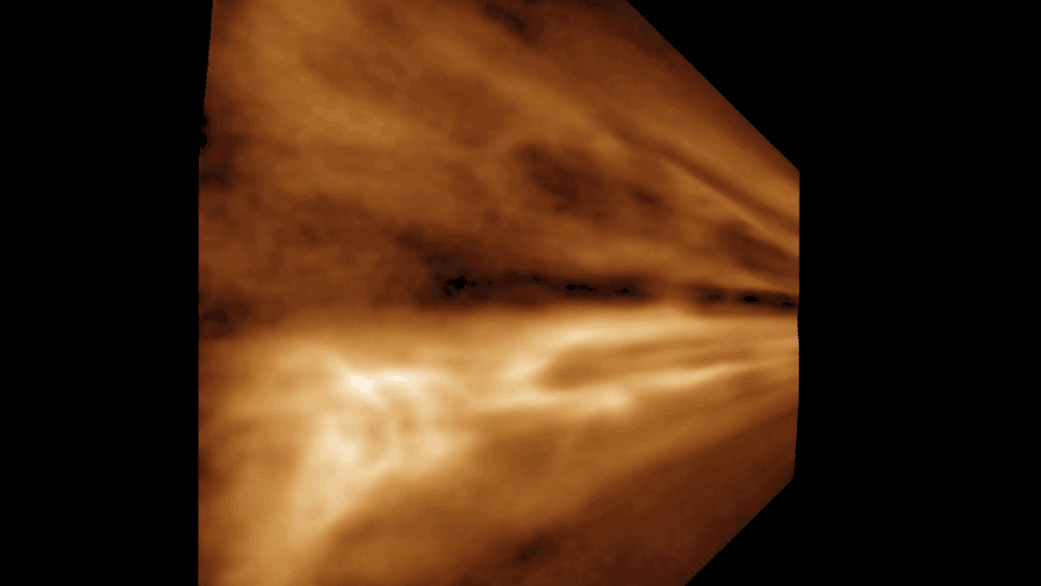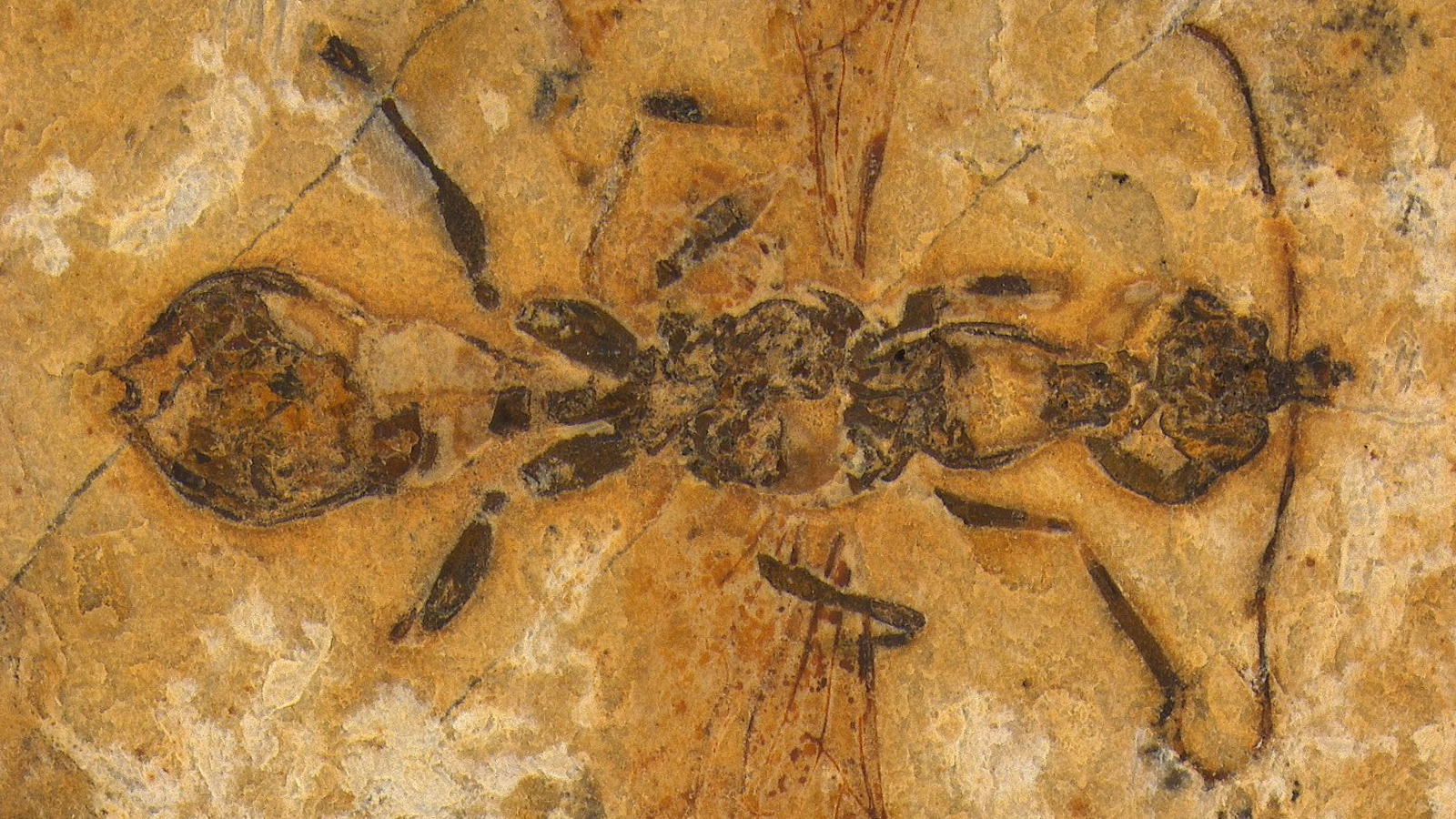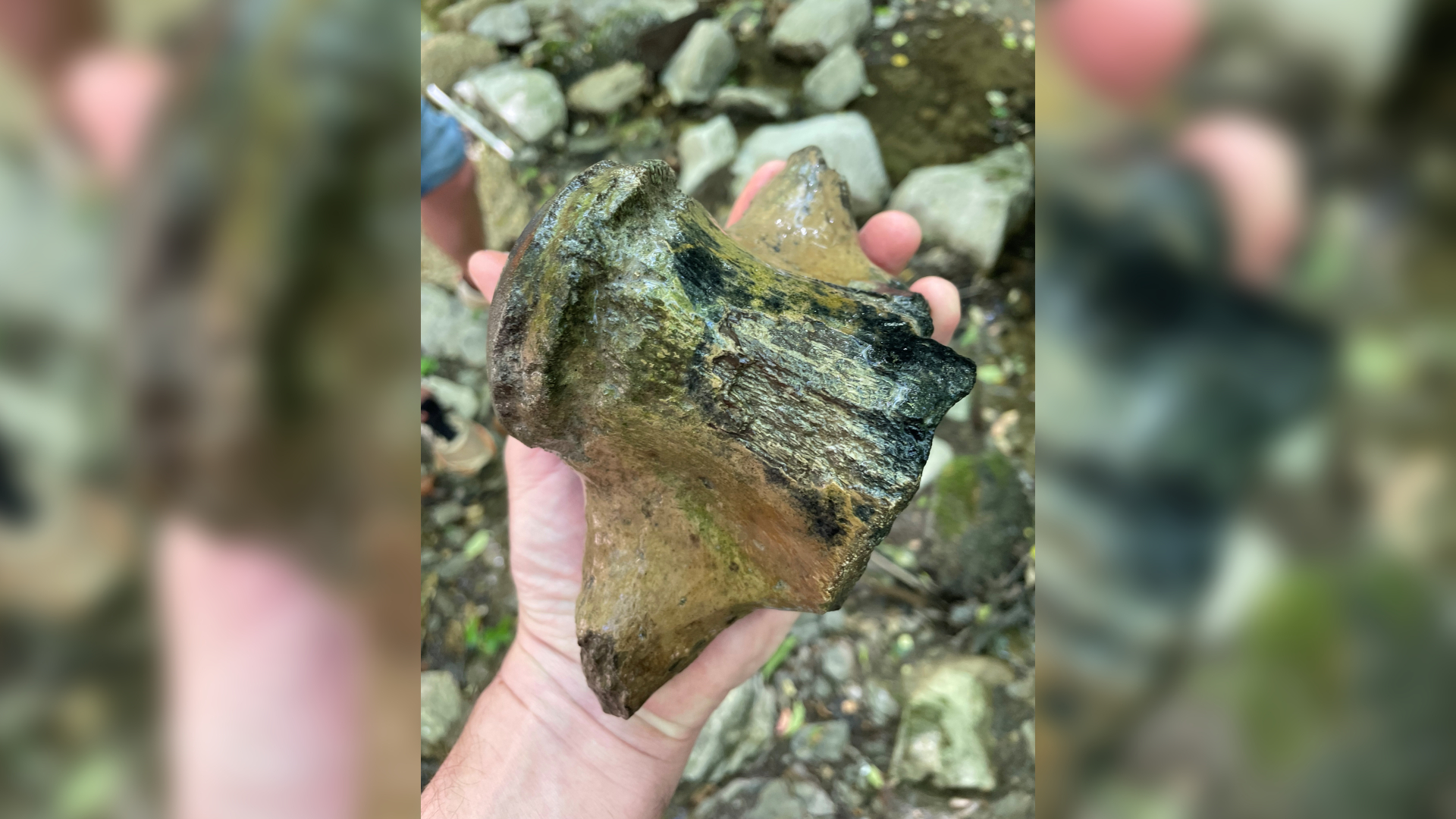In Images: Making a Stradivarius Violin
Stradivari 'Betts' Violin
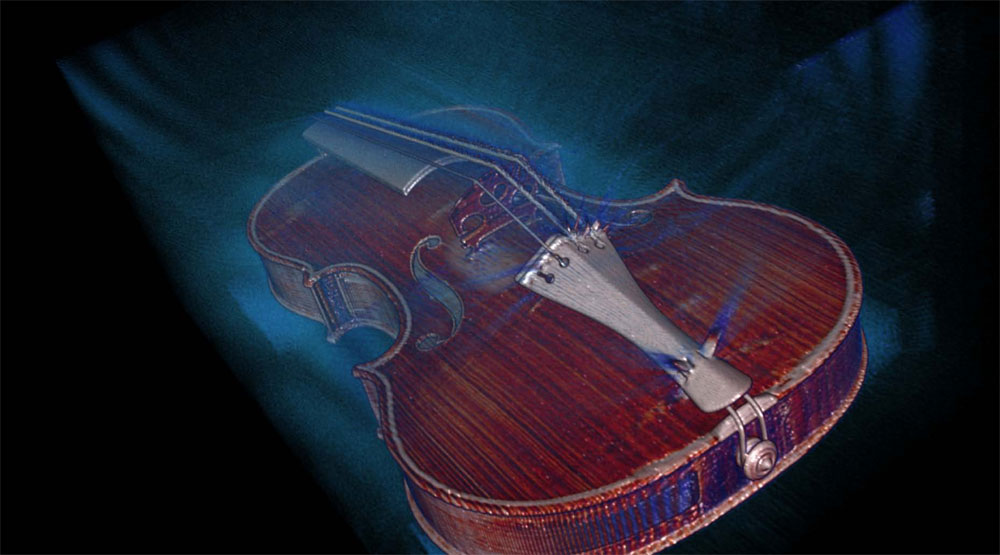
The "Betts" Stradivarius, which was made in 1704 and is currently housed in the U.S. Library of Congress in Washington, D.C., is getting a second life as an affordable instrument for modern-day musicians. A radiologist teamed up with professional violin makers to replicate the valuable violin by using X-ray technology. [Read full article: 18th-Century Violin Recreated with 21st-Century Technology]
(Above is a frame derived from the OsiriX DICOM image viewer, which created a 3-D model of the violin using data collected using computed tomography (CT) imaging.)
One Valuable Violin
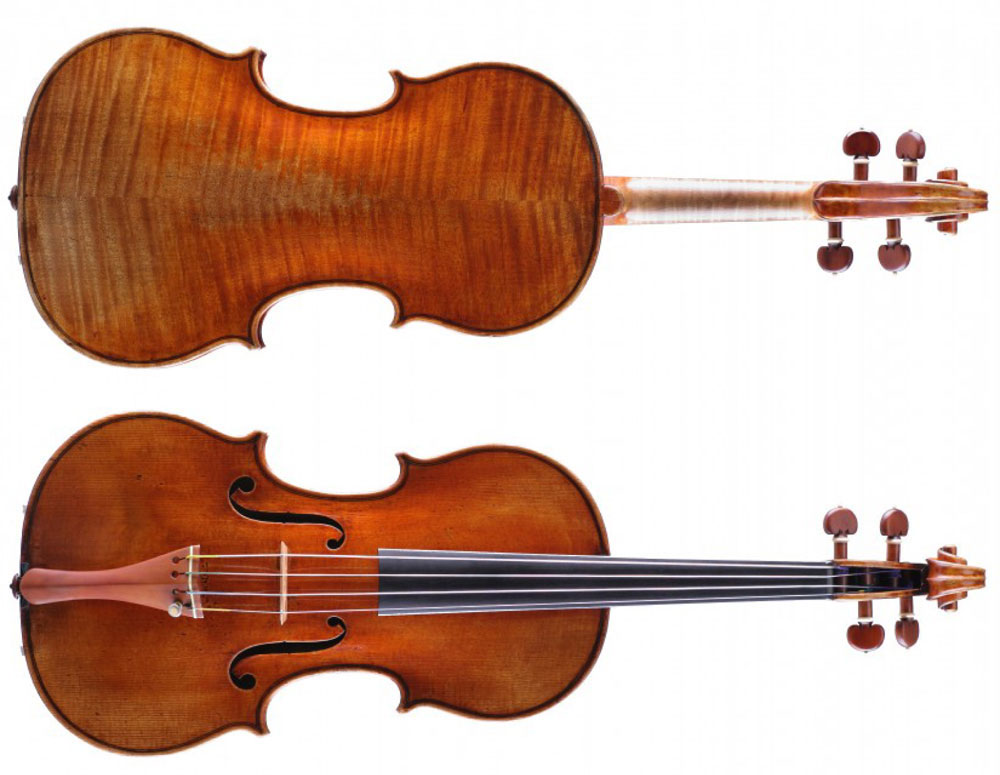
The 1704 "Betts" Stradivari violin was crafted by Antonio Stradivari, an Italian manufacturer of string instruments who lived from 1644 to 1737. Of the estimated 1,000 violins originally crafted by Stradivari, about 650 still exist. Many of them are kept in museums and rarely played, while others have been sold to top professional musicians for millions of dollars.
Steven Sirr, a radiologist at FirstLight Medical Systems in Mora, Minn., worked with professional violin makers John Waddle and Steve Rossow of St. Paul, Minn., to scan "Betts" using computed tomography (CT) imaging and recreate the instrument for modern-day use.
"We have two goals: to understand how the violin works and to make reproductions of the world's most prized violins available for young musicians who can't afford an original," Sirr said in a statement.
Revealing Scan
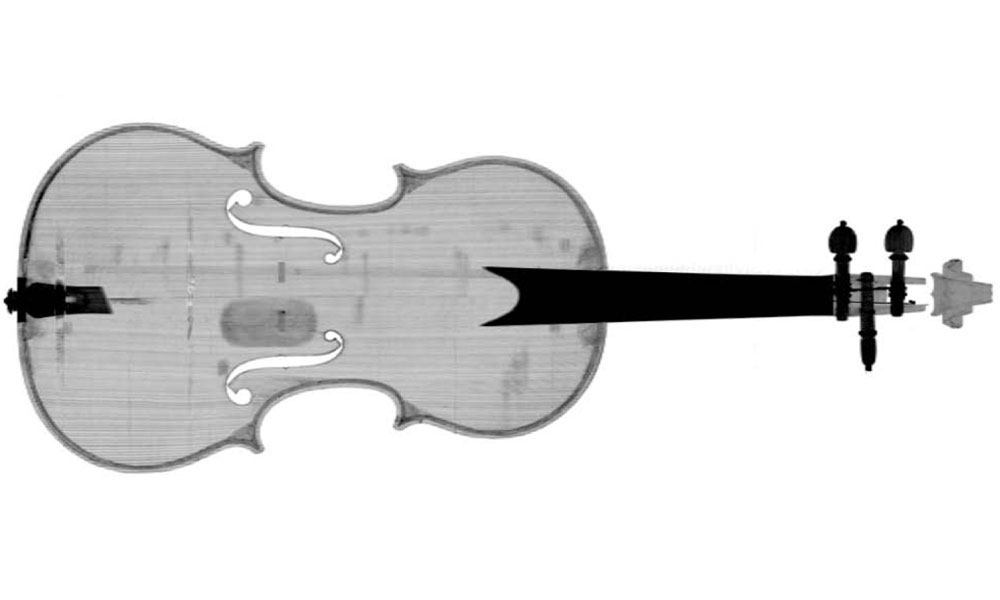
Pictured above is one of the computed tomography (CT) images snapped of "Betts." The researchers took more than 1,000 CT images of the instrument to properly determine its composition, wood thickness, shape and degree of arching.
Shades of Gray
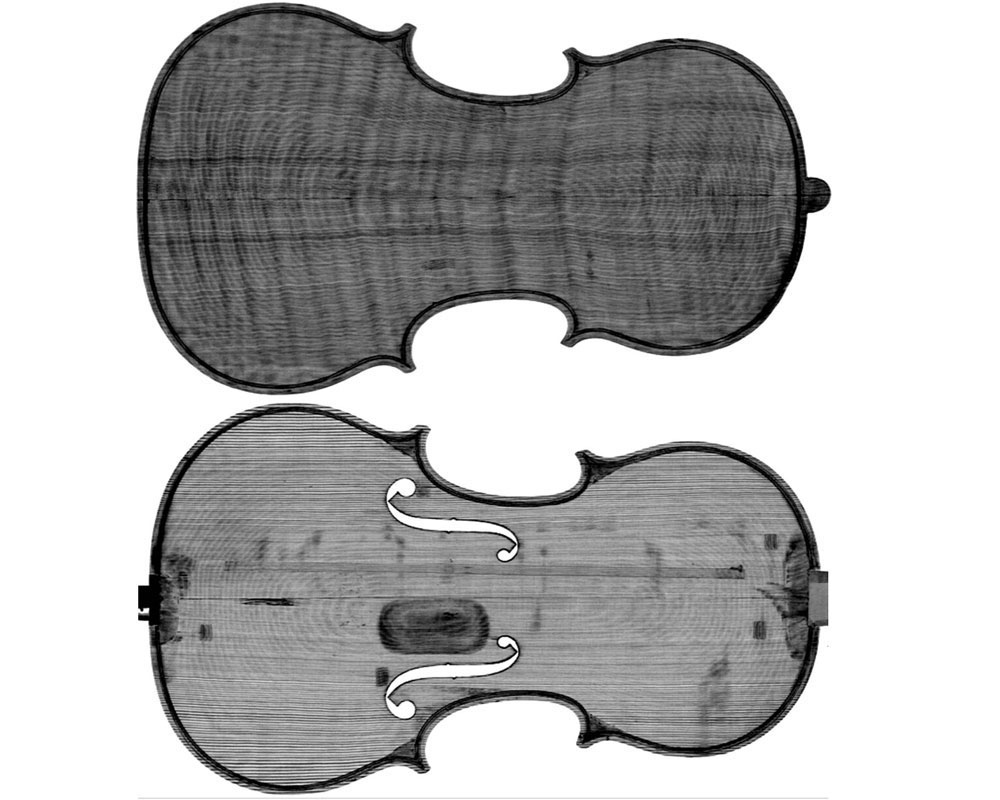
A CT image of the back of the 1704 Stradivarius "Betts" violin (top) and the front (bottom).
"CT scanning offers a unique method of noninvasively imaging a historical object," Sirr said. "Combined with computer-aided machinery, it also offers us the opportunity to create a reproduction with a high degree of accuracy."
A 3-D Model
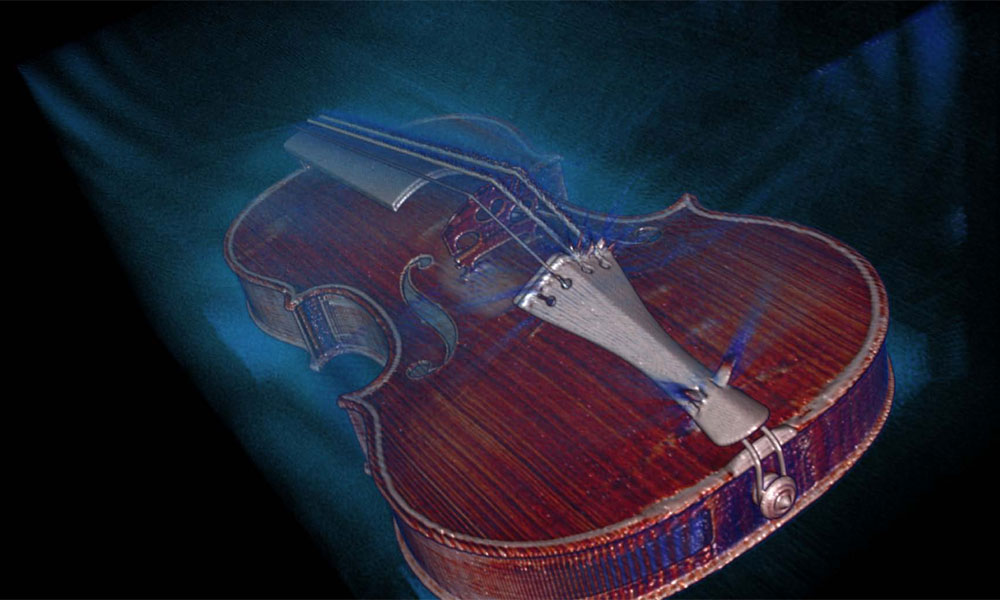
The CT images were put into image-processing software called OsiriX, which created a movie displaying a 3-D model of the violin. Shown here is a frame from OsiriX.
Carving a Violin
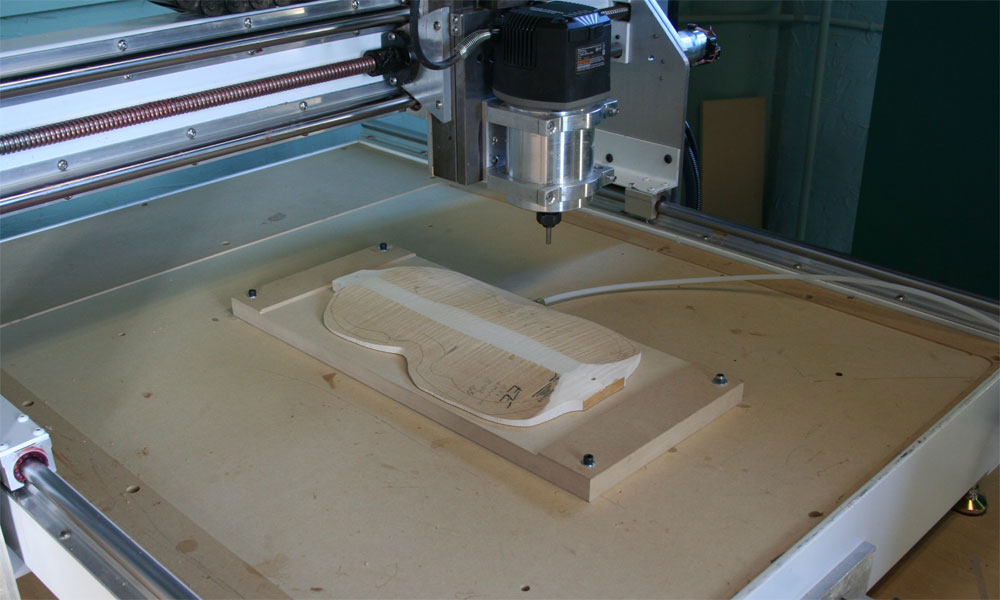
A so-called CNC machine (like a 3-D printer) is shown here carving the back of the Stradivari "Betts" violin replica, relying on data from the CT images that was converted into stereolithography files.
Brushing Away
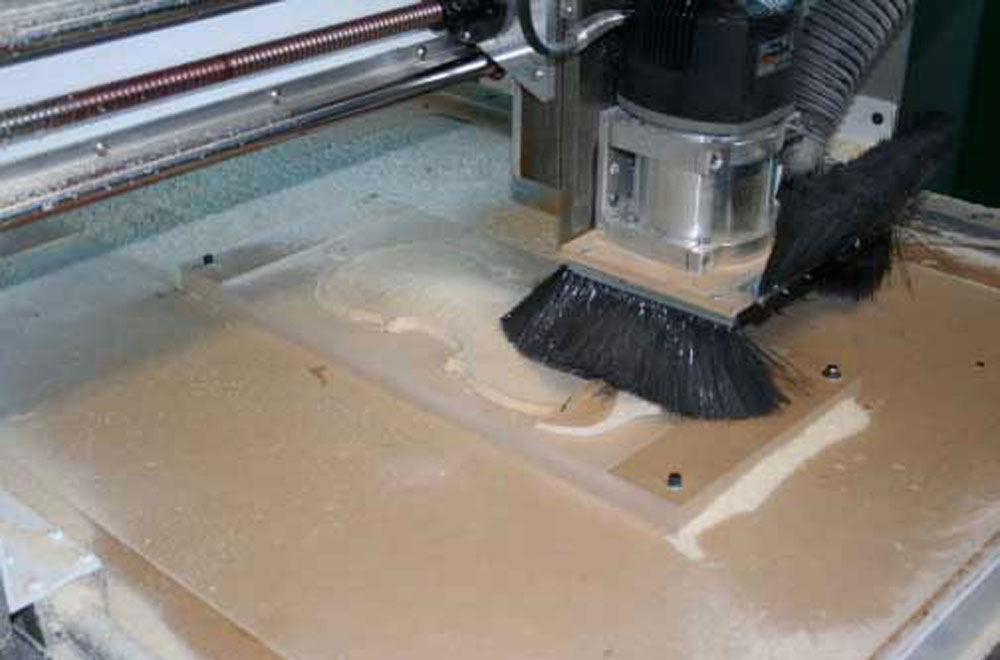
As the CNC machine gingerly carves the back of the Stradivari "Betts" violin reproduction, its brush sweeps away any excess wood particles that result from the wood-cutting process.
Sign up for the Live Science daily newsletter now
Get the world’s most fascinating discoveries delivered straight to your inbox.
Almost Finished
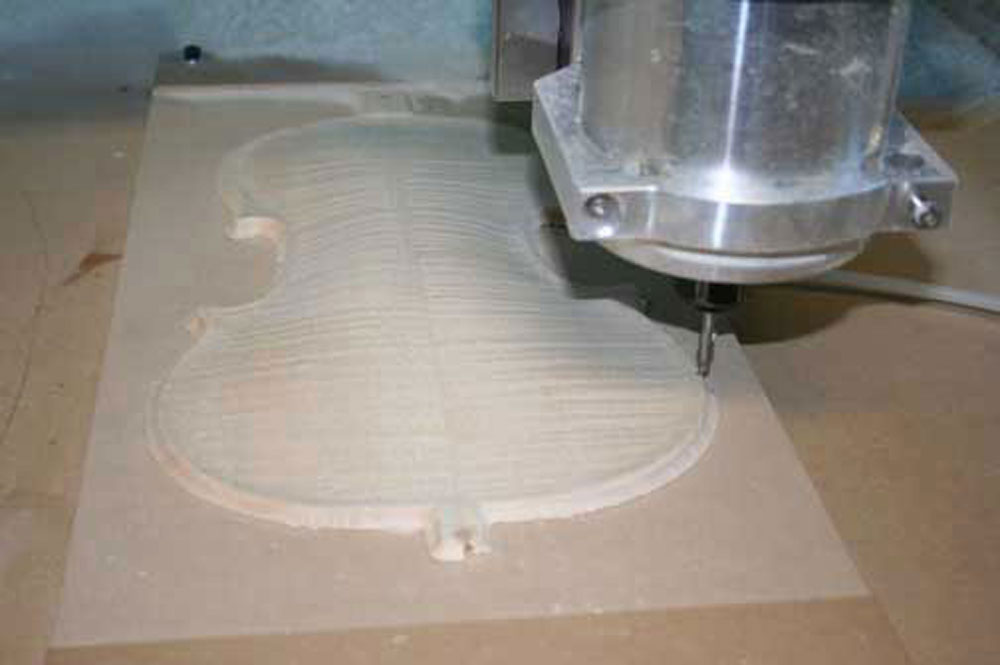
Here is another shot of the CNC machine carving out the back of the Stradivari "Betts" violin's replica from a piece of wood.
Getting the Details Just Right
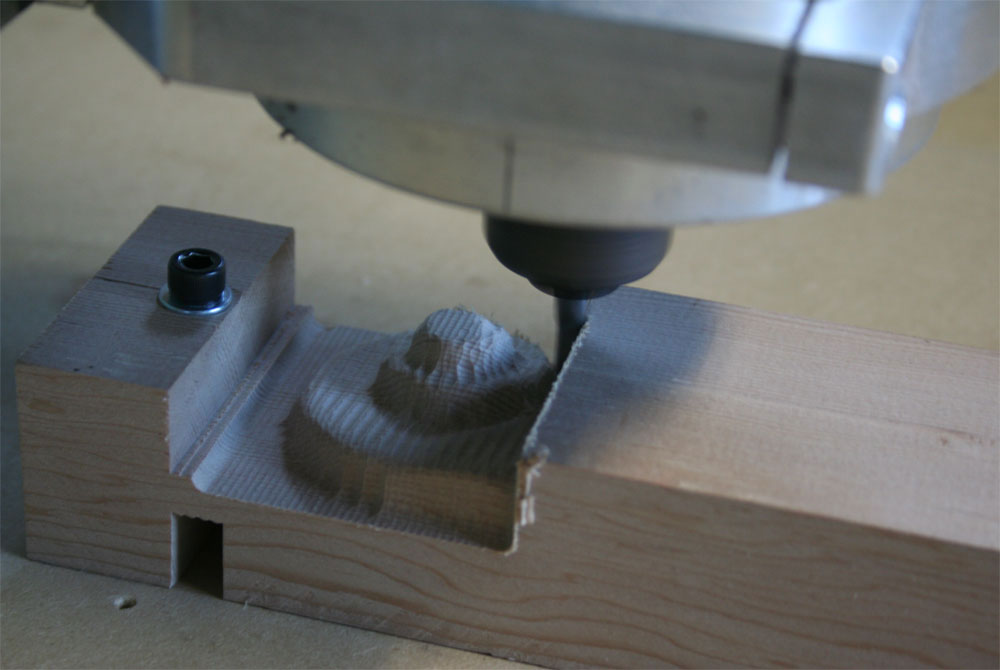
Above is a close-up shot of the CNC machine carefully carving out and shaping the top portion of the "Betts" violin reproduction.
Something Old, Something New
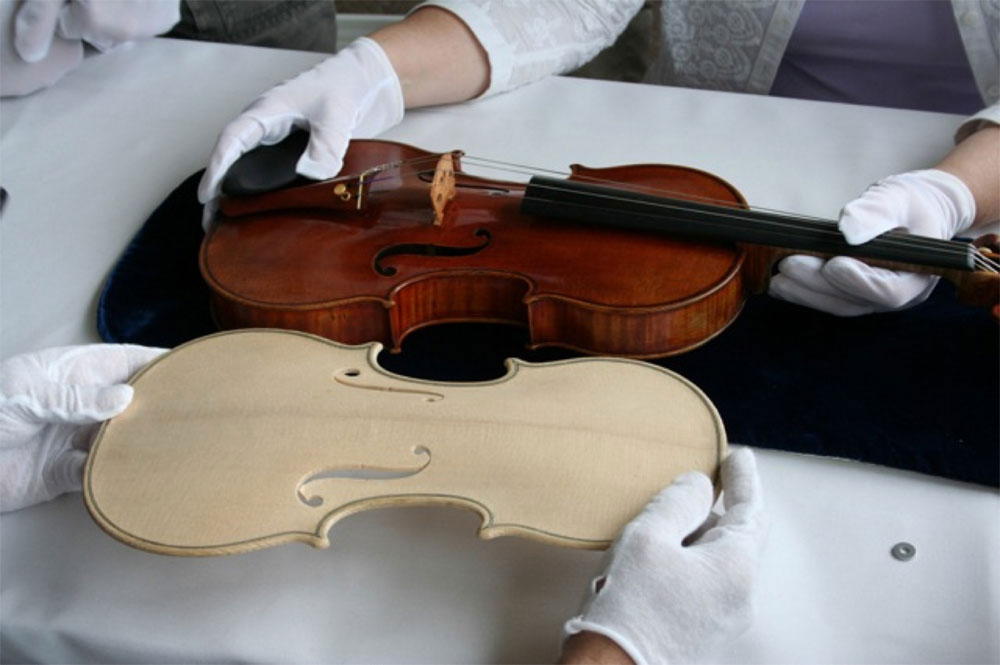
Think you'd be able to tell which violin is the real McCoy? The original 1704 Stradivari "Betts" violin is shown side-by-side next to the carved plate of its replica.
Copy of a Legend
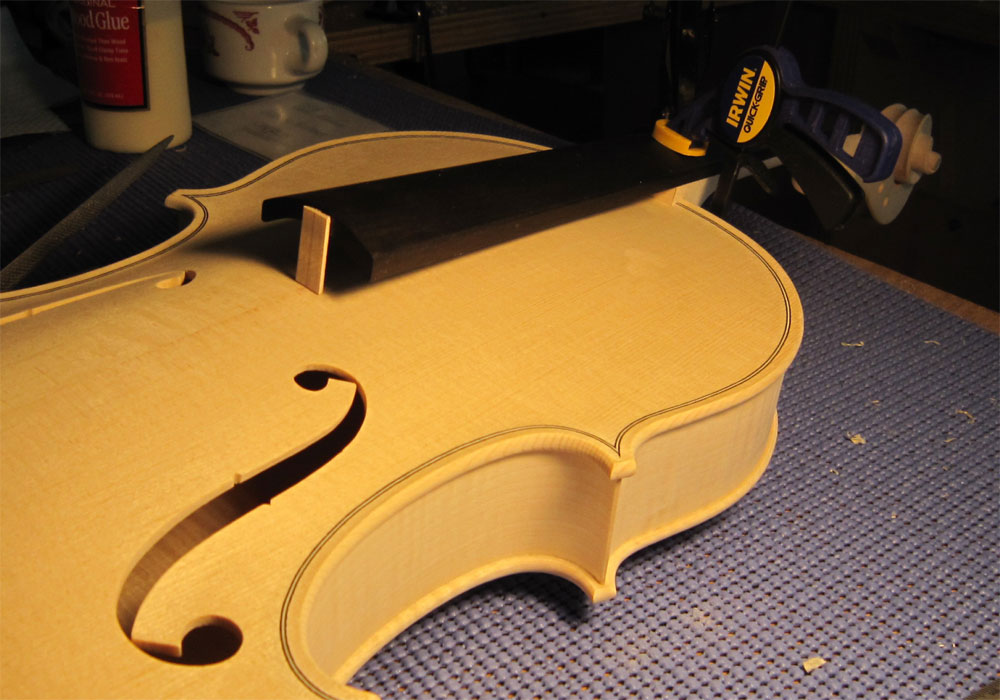
After the CNC machine completed carving the "Betts" violin's replica, Waddle and Rossow finished, assembled and varnished the new violin by hand. Shown above is the final version of the Stradivarius violin reproduction.
Why is yawning contagious?
Scientific consensus shows race is a human invention, not biological reality
